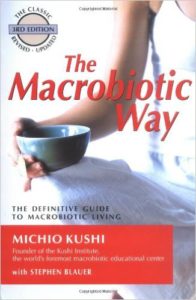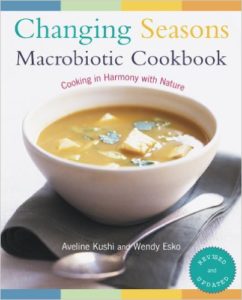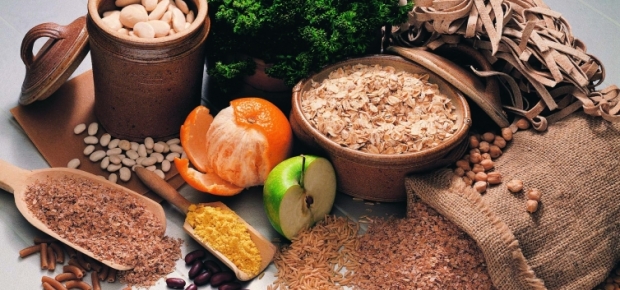The Macrobiotic Diet
The macrobiotic diet is most definitely a lifestyle diet. For those who are fully immersed in the principles of macrobiotics, the actual ingredients are only a part of the package.
While macrobiotics offers dietary guidelines, backed by valid reason and evidence, it also gives guidance for total wellness.
This diet is very much about achieving and obtaining holistic health.
The macrobiotic diet strongly focuses on whole foods. Whole grains make up from about one-third to half the daily food consumed.
On top of this whole-grain derived foods such as breads and pasta can be added. Vegetables make up about a third of daily consumed food.
Minimal cooking such as steaming is preferred to avoid nutrient damage.

Not all vegetables are considered suitable.
• Notable exclusions are potatoes, tomatoes, zucchini and celery.
• Meat is avoided, except for fish on occasion.
• Dairy and eggs are excluded, as are spicy foods, processed foods, coffee and refined sugars.
There is strong anecdotal evidence and case studies showing that diagnosed cancer patients have achieved remission through following the precepts of this diet and its attendant lifestyle.
Besides the health-giving benefits of whole grains, the other allowed foods in the macrobiotic diet also help individuals prevent and overcome their serious diseases.
The following foods and food types all have specific attributes that help to prevent and treat cancer.
Beans and Legumes
Beans and legumes are rich in fiber and are good sources of saponins that bind to cholesterol. Since cancer cells have cholesterol-like compounds, saponins have a greater tendency to bind to cancer cell membranes.
This process prevents cancer cells from penetrating into the intestinal tract so they lose the ability to attach to other organs in the body.
Another reason saponins reduce a person’s risk for cancer is because of their ability to bind to bile acids.
There are cases when the bacteria found in the large intestine convert the primary bile into a substance that is cancer-causing, but with the help of saponins the formation of these carcinogenic substances can be prevented.
Saponins are also helpful in flushing pathogens through the digestive system which further reduces the absorption of pathogens in the body.
When saponins are flushing these pathogens into the digestive system, a great workload is taken off the immune system.
This is hugely beneficial to the immune system, as it becomes less stressed it is better able to destroy cancer cells.
Carotenoids – Carrots, Green Leafy Vegetables, Tomatoes
Carotenoids can be found in many vegetables, including carrots and dark green leafy vegetables.
They function as antioxidants and they play a crucial role in scouring the body of harmful free radicals and prevent them from causing harm.
Research proves that carotenoids have the ability to inhibit the growth of several forms of cancer.
Carotenoids from fruits and vegetables have natural cancer-fighting compounds that work together in reducing the risk of cancer, so are always a preferred option to synthetic supplements.
Cruciferous Vegetables – Brussel Sprouts, Broccoli, Cauliflower

The macrobiotic diet includes cruciferous vegetables which also contain anti-cancer compounds.
These anticancer compounds are called ITCs or isothiocyanates. These ITC molecules work to remove potentially harmful carcinogens which induce cancer cell growth.
Additionally, ITCs contain anti-inflammatory, immunologic and antioxidant properties. Cruciferous vegetables to add to your diet include:
• Broccoli
• cauliflower and
• Brussel sprouts.
Sea Vegetables
Sea vegetables are a group of cruciferous vegetables that are not commonly found in the standard western diet. These vegetables contain all the 56 elements that are crucial for human health.
Sea vegetables are rich in iron, zinc, iodine, potassium, magnesium and other trace elements that are often missing in land-based forms of vegetables due of soil demineralization.
The sea vegetable minerals actively help the body get rid of dangerous toxins that contribute to the development of cancer.
A great example of how good they are for you is the longevity of those who live in Okinawa.
Per capita, they consume more sea vegetables than other groups of people anywhere in the world.

One thought on “The Macrobiotic Diet”
You can understand this way of eating…